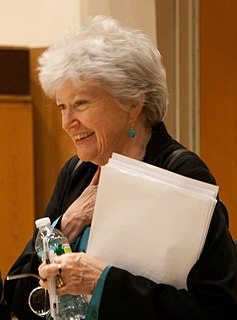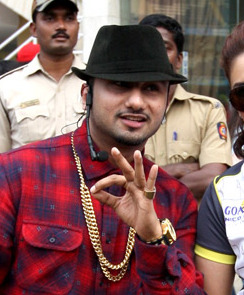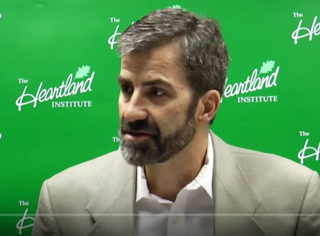A Quote by Linda Wertheimer
Hundreds of scientists from around the world are gathering in Washington, D.C. for what some say could be a historic meeting. They are attending an international summit to debate one of the most controversial subjects in modern science , editing human DNA.
Related Quotes
...the debate among the scientists if over. There is no more debate. We face a planetary emergency. There is no more scientific debate among serious people who've looked at the science...Well, I guess in some quarters, there's still a debate over whether the moon landing was staged in a movie lot in Arizona, or whether the Earth is flat instead of round.
One could count on one's fingers the number of scientists throughout the world with a general idea of the history and development of their particular science: there is none who is really competent as regards sciences other than his own. As science forms an indivisible whole, one may say that there are no longer, strictly speaking, scientists, but only drudges doing scientific work.
Despite the international scientific community's consensus on climate change, a small number of critics continue to deny that climate change exists or that humans are causing it. Widely known as climate change "skeptics" or "deniers," these individuals are generally not climate scientists and do not debate the science with the climate scientists.
Scientists blame the audience for being too stupid, shallow, or lazy to understand. There has been a fascinating debate in the blogosphere lately about communicating science to the public, and it's clear that most scientists just don't get it. They can't be bothered to talk to real people. Nobody will care about your issues if the price they have to pay is listening to a long lecture from Morton the science bug.
I believe the medium of film is one of the most powerful tools in the modern era to create positive social change. It has the ability to put big, complex, and controversial subjects across in an easy-to-understand and digestible form. It has the power to change someone's perspective on the world in a very short space of time - film has the power to change the world itself.
Historians of a generation ago were often shocked by the violence with which scientists rejected the history of their own subject as irrelevant; they could not understand how the members of any academic profession could fail to be intrigued by the study of their own cultural heritage. What these historians did not grasp was that scientists will welcome the history of science only when it has been demonstrated that this discipline can add to our understanding of science itself and thus help to produce, in some sense, better scientists.
How could two teams of scientists come to such obviously contradictory conclusions on seemingly every point that matters in the debate over global warming? There are many reasons why scientists disagree, the subject, by the way, of an excellent book a couple years ago titled Wrong by David H. Freedman. A big reason is IPCC is producing what academics call "post-normal science" while NIPCC is producing old-fashioned "real science.
The scientists are virtually screaming from the rooftops now. The debate is over! There's no longer any debate in the scientific community about this. But the political systems around the world have held this at arm's length because it's an inconvenient truth, because they don't want to accept that it's a moral imperative.































